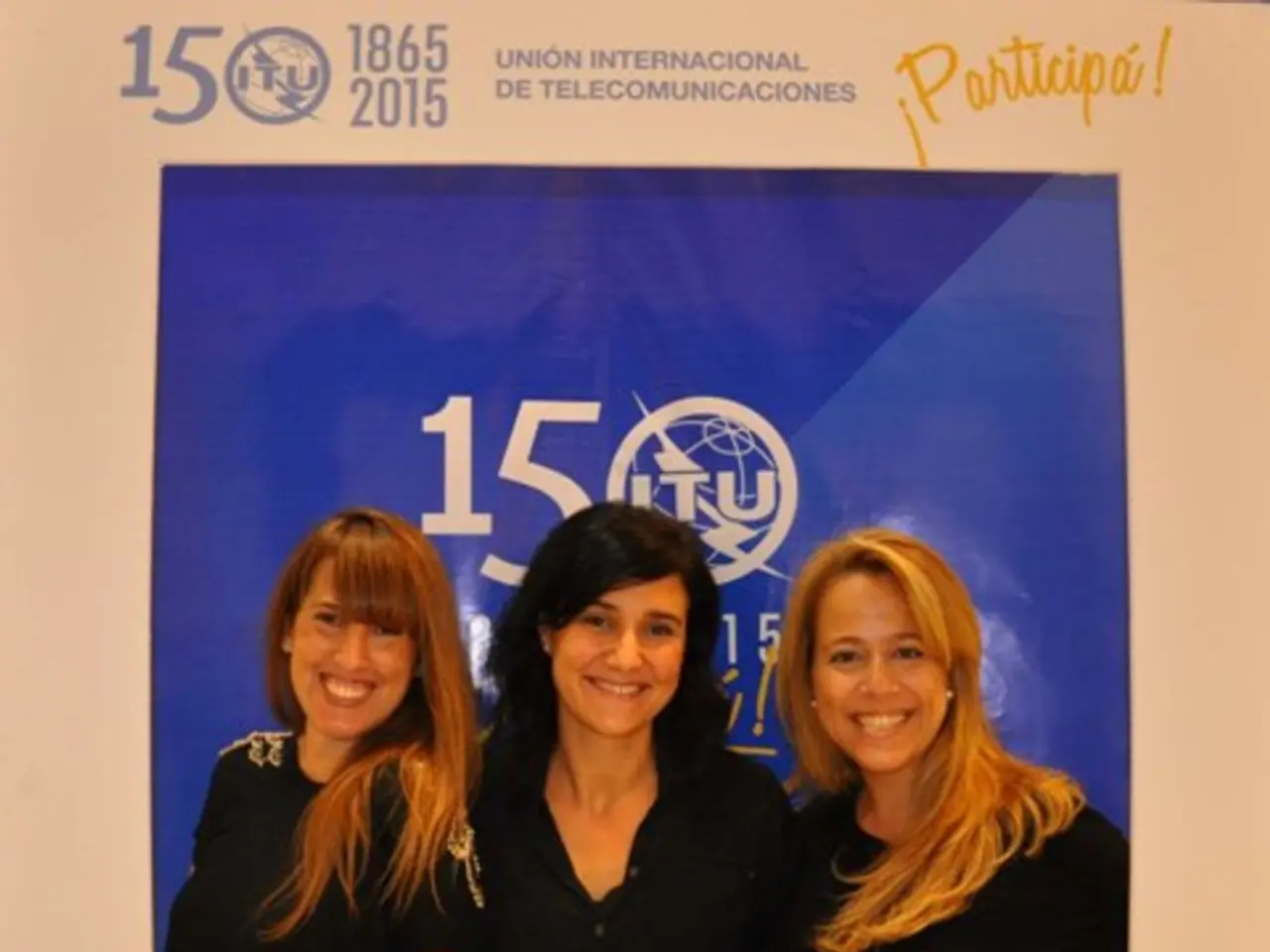World Environment Day Celebration Highlights: Restoration Entrepreneurs Take Center Stage in 2025
Restoration Factory Tanzania Empowers Eco-Entrepreneurs
The Restoration Factory Tanzania, a business incubation program developed by the United Nations Environment Program - Financial Initiative (UNEP - FI), is making waves in the East African nation. This program is specially designed to support eco-entrepreneurs developing climate-smart, nature-based enterprises focused on forest restoration, land conservation, and climate-resilient business models.
The program offers an 8-module incubation journey based on Bridge for Billions' innovation-based entrepreneurship methodology. It provides a 12-week structured incubation program offering business development training, tailored mentorship, and access to networks of green investors. The program supports around 50 early-stage enterprises across priority regions such as the Great Ruaha Basin and Lake Rukwa Basin.
The success of these eco-entrepreneurs was recently highlighted at the World Environment Day (WED) national exhibitions, where Dream Bees Africa, Nishati Eco, and Patra Agroprocessing represented the Restoration Factory program as exhibitors.
Dream Bees Africa, led by Goodluck Kapinga, showcased honey, beeswax, and modern beekeeping equipment, securing orders worth over TZS 10.5 million. Nishati Eco, led by Annet Mutembei, showcased her eco-friendly briquettes made from agricultural waste and received concrete directives from the Vice President for land, equipment, and funding support. Cleopatra Limandora from Patra Agroprocessing sold out her entire stock of banana and carrot wines, banana clips, and processed onions, earning TZS 2.55 million in sales.
The Vice President of Tanzania, Dr. Philip Mpango, commended the ventures of these three enterprises, emphasising the transformative potential of the Restoration Factory Program in Tanzania. He directed that Patra Agroprocessing products receive support toward certification by the Tanzania Bureau of Standards (TBS), a crucial step toward market expansion and consumer trust. He also encouraged Dream Bees Africa to expand their product line to include bee venom and pollen, underlining the economic potential of non-timber forest products (NTFPs).
The Restoration Factory is not just an incubation program, but a launchpad for Tanzania's next generation of restoration champions. The program aims to integrate environmental management with economic growth through private sector engagement. It focuses on diverse sectors contributing to ecosystem restoration and livelihoods, including renewable energy, agroforestry, aquaculture, carbon trading, non-timber forest products (NTFPs), livestock feed, and pasture management.
The program culminates in a high-profile graduation and pitching event, where participants showcase their ventures to a panel of experts and practitioners. Five businesses will receive a cash prize each, as they take home top recognition. Round table discussions will be organized with industrialists, funders, and investors to unlock financing and investments for the ventures of the Restoration Factory Program.
By nurturing these enterprises, the Restoration Factory empowers local green entrepreneurs to develop inclusive, climate-resilient business solutions that align with Tanzania's national restoration objectives and address urgent environmental challenges such as deforestation and land degradation. The program is implemented in partnership with Local Entrepreneurship Support Organisations (LESOs) and is conducted in partnership with Bridge for Billions and Anza Entrepreneurs.
The Restoration Factory, through its partnership with Bridge for Billions and Anza Entrepreneurs, is nurturing eco-entrepreneurs in Tanzania, blending environmental-science and business principles in their ventures. These entrepreneurs are developing innovative climate-smart solutions, such as renewable energy, agroforestry, and carbon trading, that contribute to Tanzania's green economy and address pressing environmental issues like deforestation and land degradation. As education-and-self-development opportunities, these programs foster a lifestyle that prioritizes sustainable business practices and finance models, paving the way for a future where science and environmental conservation are integral to the nation's economic growth.




